Science fiction lets people envision the future, showing not just “what is” but “what might be.” Many renowned science fiction writers have unknowingly predicted aspects of our present. One such writer was Arthur Charles Clarke, the British author behind the "Space Odyssey" novels. Clarke, who spent his days immersed in notes and books inside his “ego chamber,” made predictions about almost everything: from mobile phones to remote work scenarios, telecommuting, telemedicine, and much more, reported BBC.
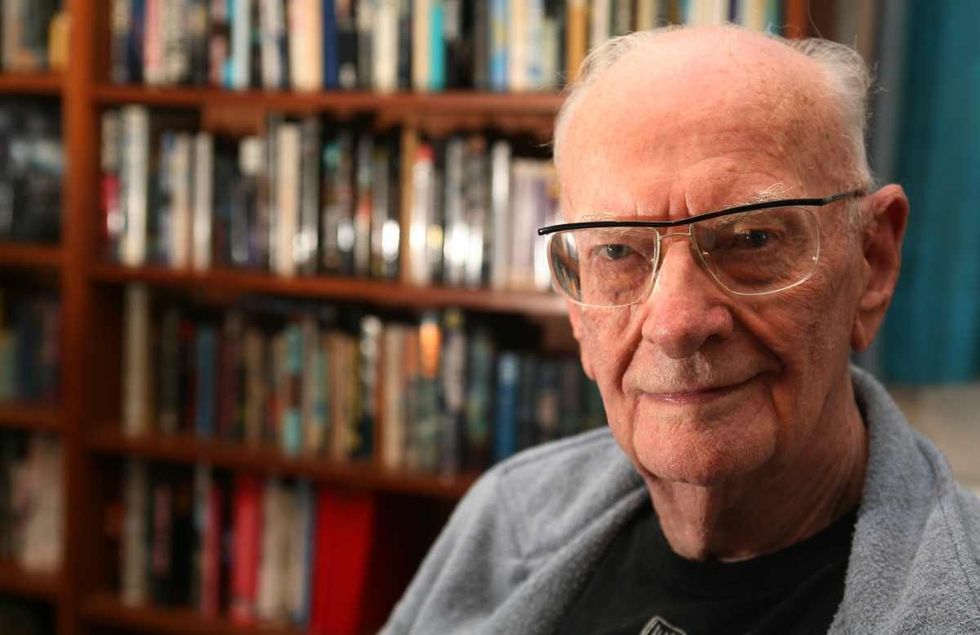
Clarke wrote the 1968 novel “2001: A Space Odyssey,” considered one of the greatest science fiction works. His masterful descriptions of advanced space travel and futuristic settings amazed readers. In the 1960s, Clarke made predictions through his books that turned out to be uncannily accurate.
But whatever the future might be, he was sure that it would be fantastic. Speaking on BBC's Horizon program, in an episode titled “The Knowledge Explosion,” Clarke said, "The only thing we can be sure of about the future is that it will be absolutely fantastic, so, if what I say now seems to you to be very reasonable, then I’ll fail completely."
Take, for instance, Clarke’s predictions about the remote workplace scenario, which, according to Fortune, have been exceptionally accurate. “Men will no longer commute. They will communicate,” he had said. Come a few years later, especially after the pandemic, his statement has turned into a reality. According to Statista, the number of employees working remotely worldwide increased significantly in recent years, rising from 20 percent in 2020 to 28 percent by 2023.
Another prediction that Clarke made that has manifested in the real world is about a “future organization that monitors threats from objects such as asteroids that could collide with the Earth.” In the past few years, NASA itself has become this once-fictional organization that monitors these Near Earth Objects that could smash into the planet.
Adding to it are things like the internet, 3D printers, email, and whatnot. Even Google is thought to have been predicted by Clarke’s novels, according to CNET. In his books, he imagined a scenario when a machine would search a “central library” and fetch information related to anything like sports, entertainment, science, etc. And Google does this today. Despite all these marvelous predictions, Clarke insisted that they were not predictions, they were “extrapolations,” per BBC.
Born in 1917, Clarke was the son of a Somerset farmer. His childhood was stippling with science-fiction magazines, stargazing, DIY telescopes, crystal sets, and Morse codes. Speaking about making predictions for the future, Clarke explained in a 1964 episode of BBC Horizon, “Trying to predict the future is a discouraging and hazardous occupation because the prophet invariably falls between the two stools. If his predictions sound all reasonable, you can be quite sure that in twenty or thirty years, progress in science and technology would have made him seem ridiculously conservative. And if by some miracle, if the prophet could describe the future, exactly as it was going to take place, his predictions would sound so absurd, so far-fetched that everybody would laugh him off to scorn.”
Clarke sadly passed away in March 2008 from respiratory complications and heart failure. He was 90. “I don’t pretend we have all the answers. But the questions are certainly worth thinking about,” Clarke quoted in one of his books.


















 Pictured: The newspaper ad announcing Taco Bell's purchase of the Liberty Bell.Photo credit: @lateralus1665
Pictured: The newspaper ad announcing Taco Bell's purchase of the Liberty Bell.Photo credit: @lateralus1665 One of the later announcements of the fake "Washing of the Lions" events.Photo credit: Wikimedia Commons
One of the later announcements of the fake "Washing of the Lions" events.Photo credit: Wikimedia Commons This prank went a little too far...Photo credit: Canva
This prank went a little too far...Photo credit: Canva The smoky prank that was confused for an actual volcanic eruption.Photo credit: Harold Wahlman
The smoky prank that was confused for an actual volcanic eruption.Photo credit: Harold Wahlman
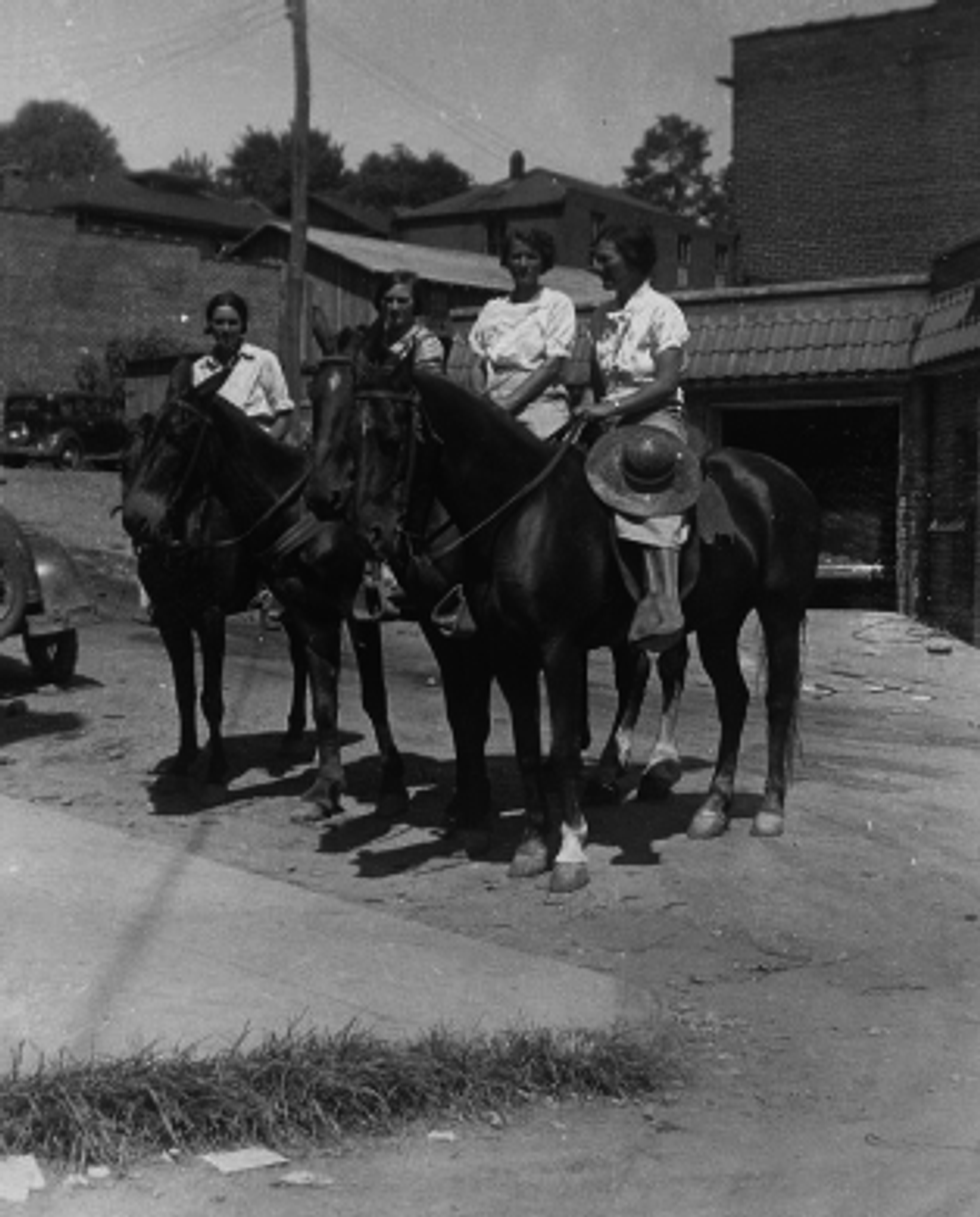 Packhorse librarians ready to start delivering books.
Packhorse librarians ready to start delivering books.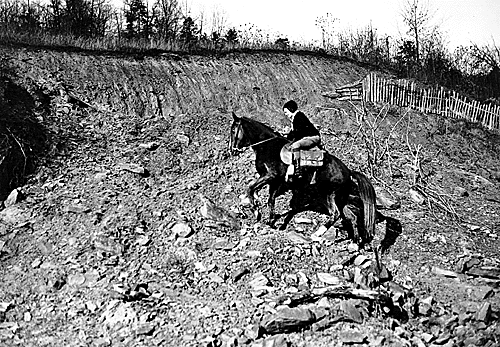 Pack Horse Library Project - Wikipedia
Pack Horse Library Project - Wikipedia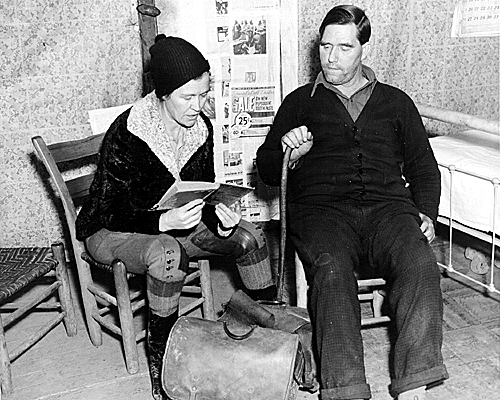 Packhorse librarian reading to a man.
Packhorse librarian reading to a man.
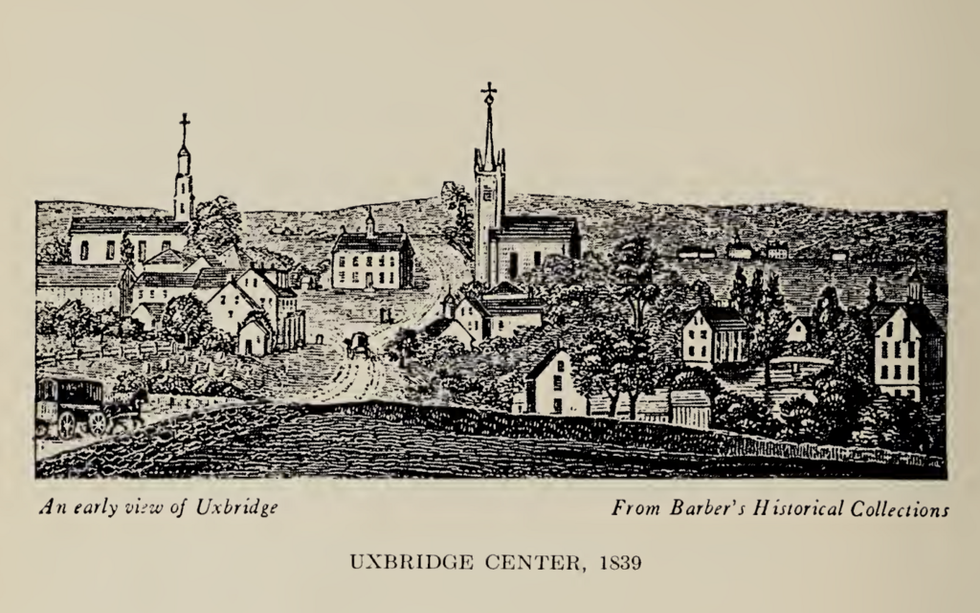 Fichier:Uxbridge Center, 1839.png — Wikipédia
Fichier:Uxbridge Center, 1839.png — Wikipédia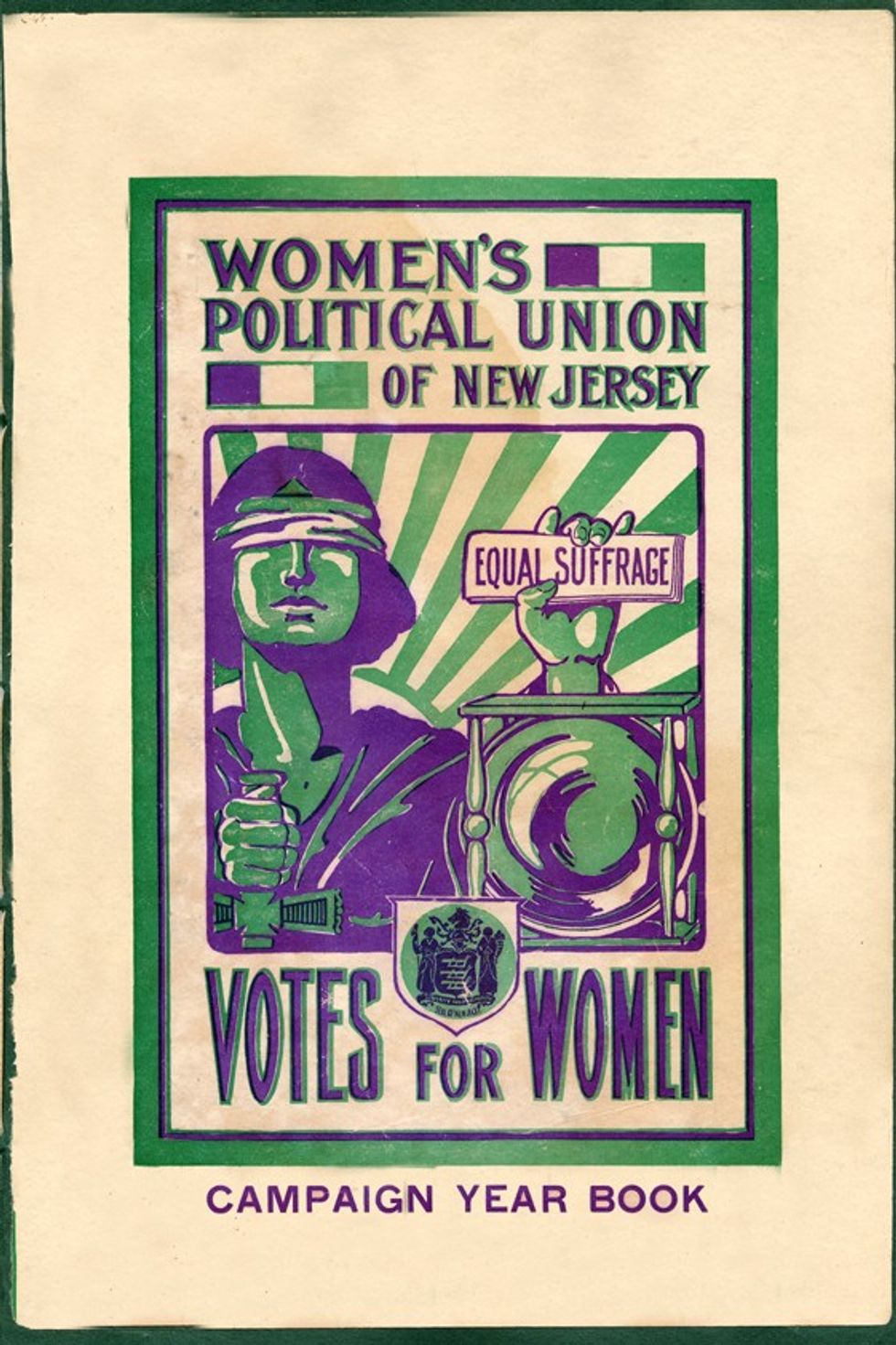 File:Women's Political Union of New Jersey.jpg - Wikimedia Commons
File:Women's Political Union of New Jersey.jpg - Wikimedia Commons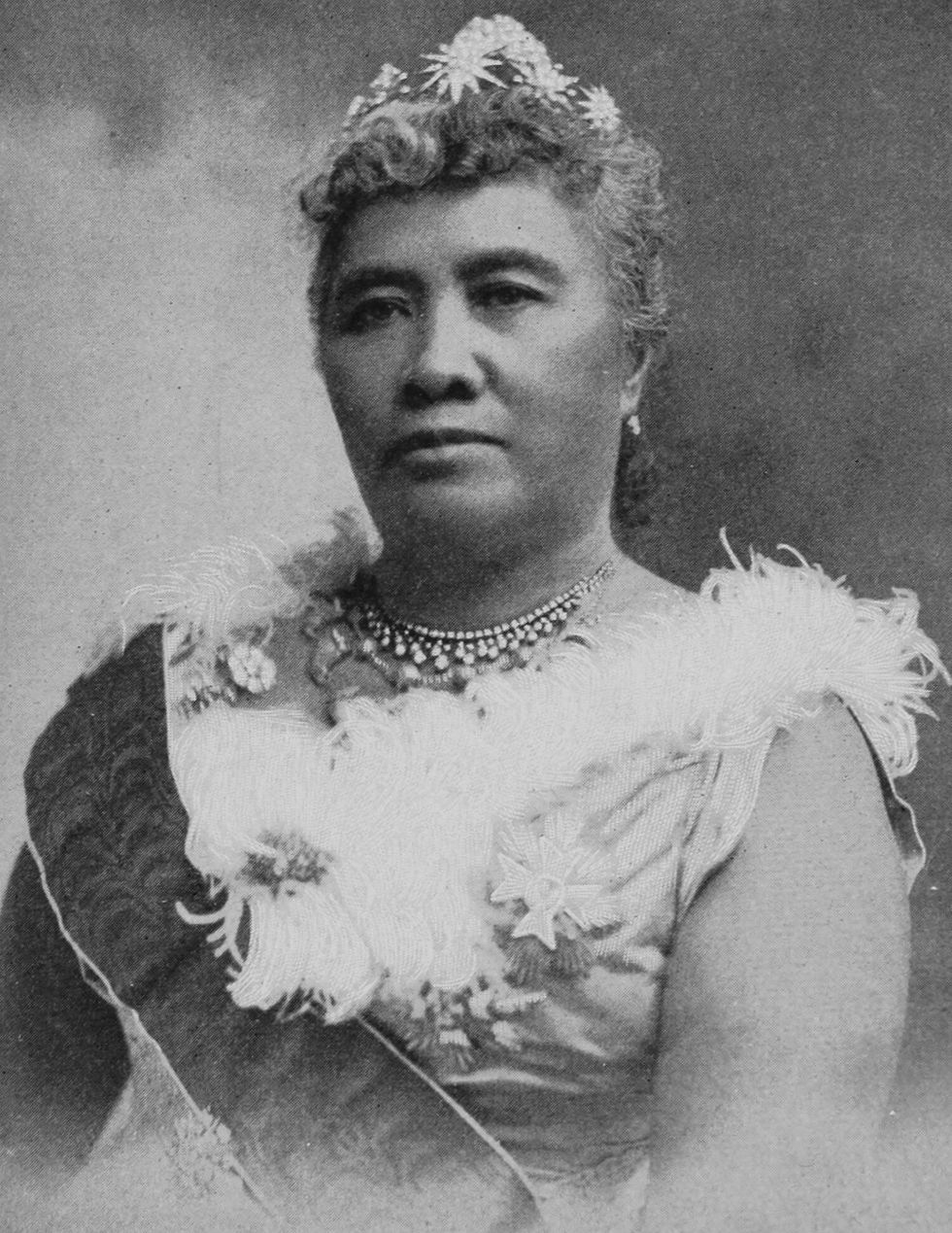 File:Liliuokalani, photograph by Prince, of Washington (cropped ...
File:Liliuokalani, photograph by Prince, of Washington (cropped ...
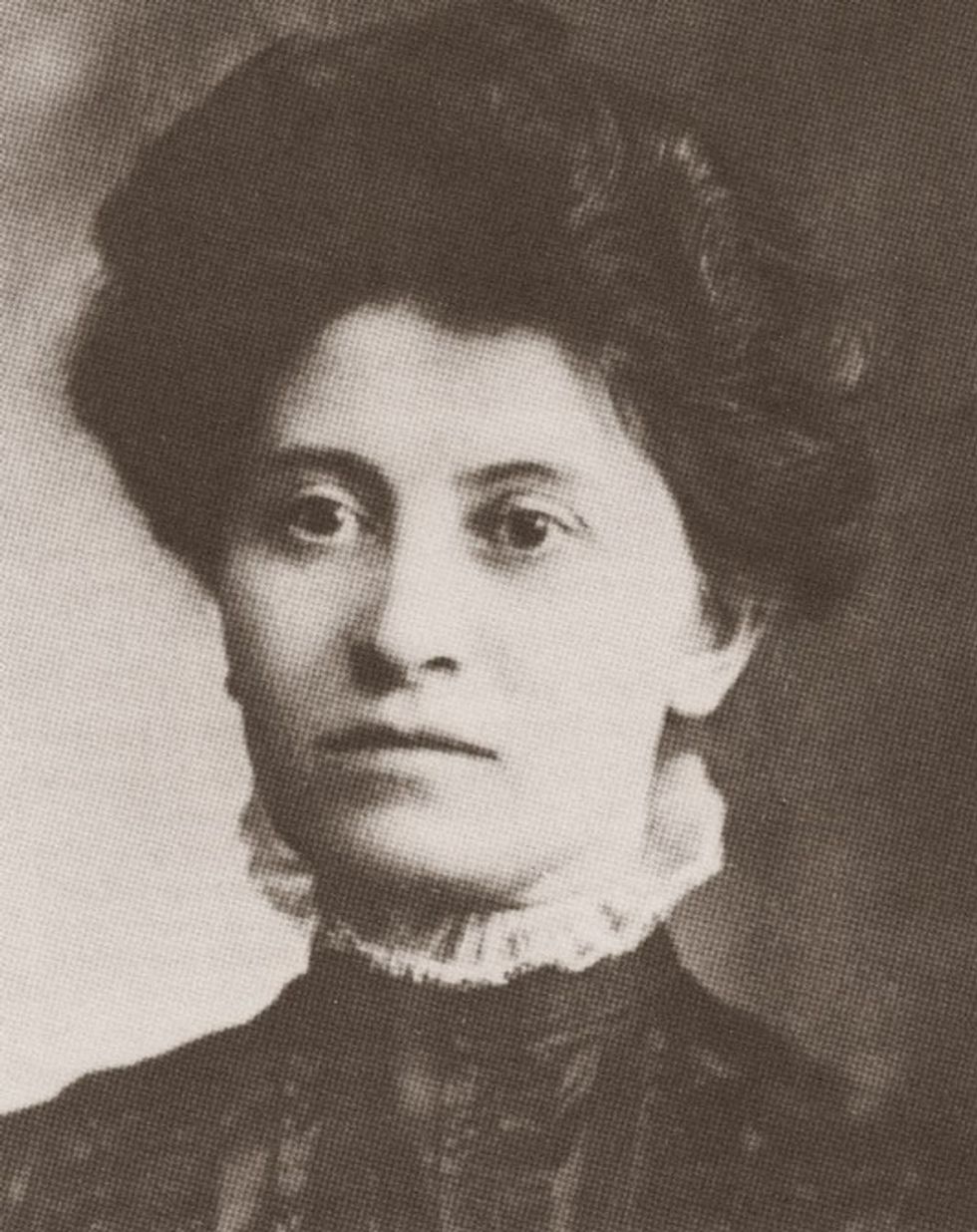 Theresa Malkiel
commons.wikimedia.org
Theresa Malkiel
commons.wikimedia.org
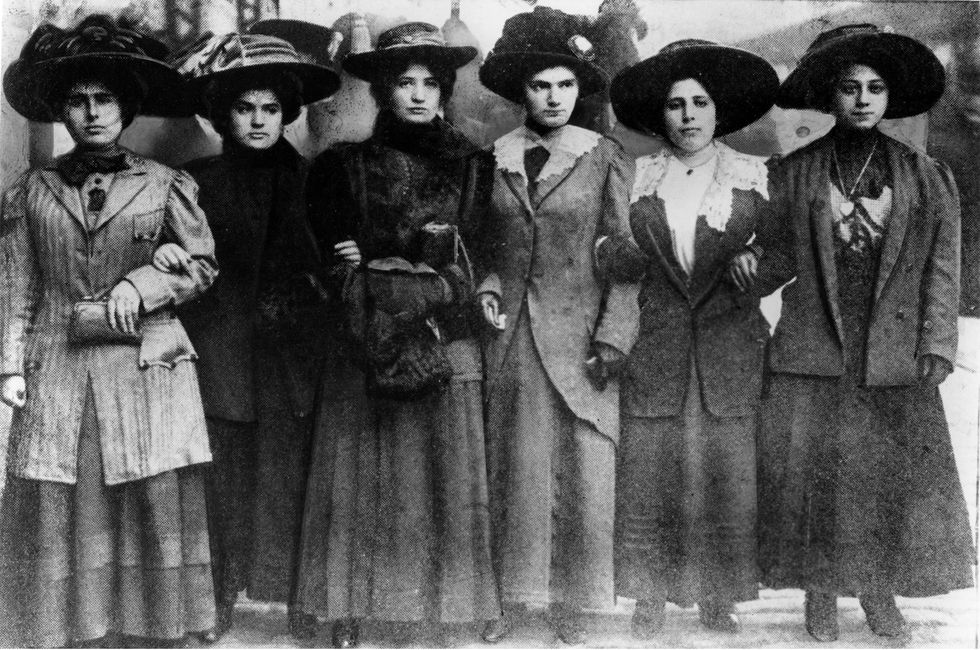 Six Shirtwaist Strike women in 1909
Six Shirtwaist Strike women in 1909
 U.S. First Lady Jackie Kennedy arriving in Palm Beach | Flickr
U.S. First Lady Jackie Kennedy arriving in Palm Beach | Flickr
 Image Source:
Image Source:  Image Source:
Image Source:  Image Source:
Image Source: 